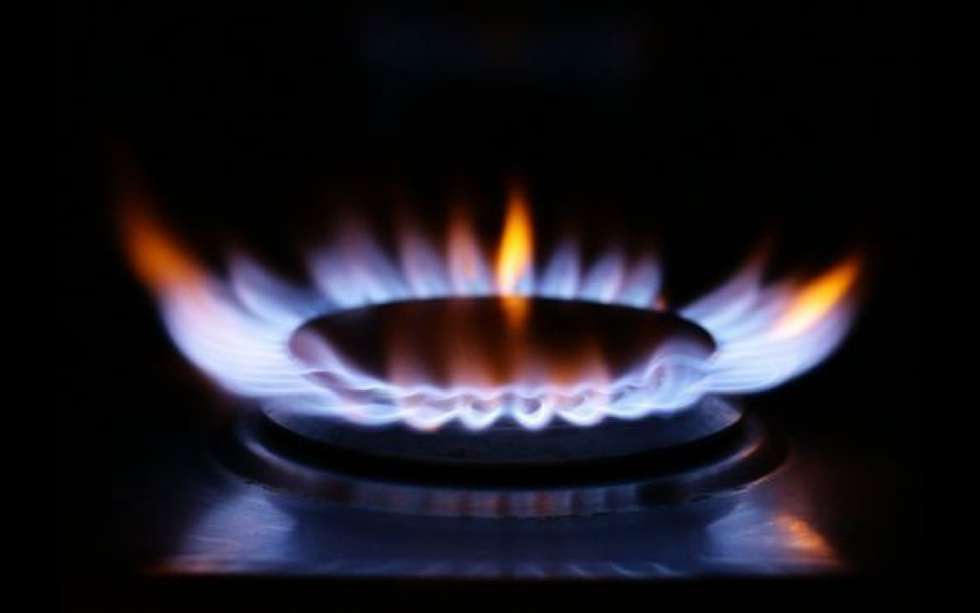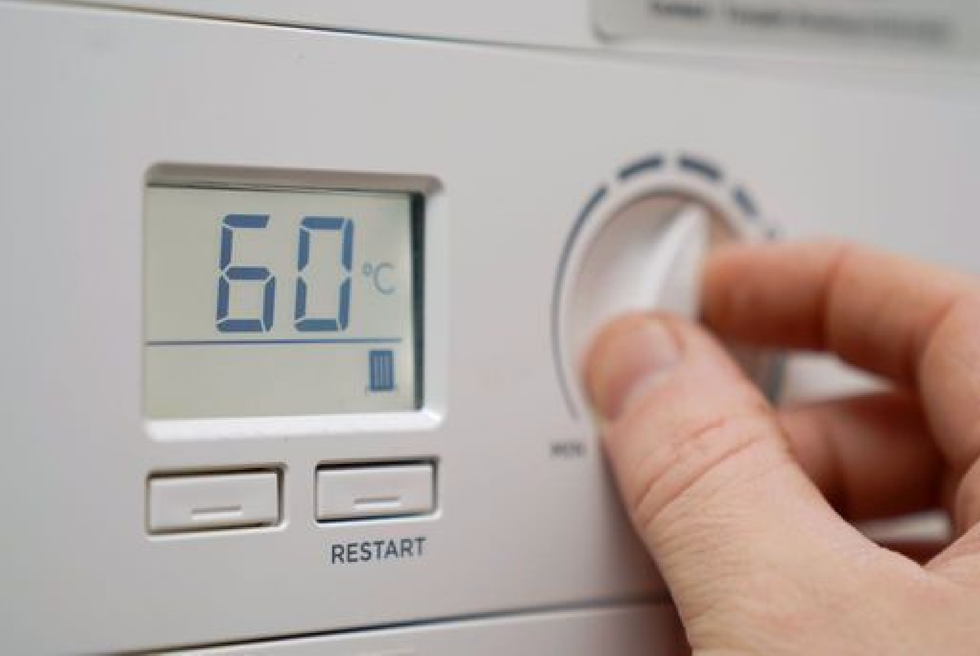
The energy price gap is expected to drop to £1,981 from July
PA
Ministers have set a target for the UK to hit net zero emissions by 2050, but experts have warned that cutting fossil fuel supplies too quickly risks a fresh surge in energy prices
Don't Miss
Most Read
Trending on GB News
Households are facing a decade of higher energy bills from the race to hit net zero and inflated gas prices, KPMG has warned.
Yael Selfin, chief economist at KPMG, said bills will remain elevated for the next five to 10 years because the “transition to net zero is going to add cost one way or another to our energy bills”.
Ministers have set a target for the UK to hit net zero emissions by 2050, but experts have warned that cutting fossil fuel supplies too quickly risks a fresh surge in energy prices.
The forecast came after the UK’s infrastructure tsar warned that ministers are in danger of missing the targets after only achieving “negligible” progress on insulating homes and rolling out heat pumps.

Falling gas prices will fail to offset the cost of Britain’s green energy transition
PA
The Big Four accountant said that energy bills were likely to remain around 93 per cent higher over the next decade than in the two years before Russia invaded Ukraine, which fuelled a surge in wholesale gas prices.
Wholesale gas prices have dropped by more than 80 per cent since their peak last August, though they are still roughly triple what they were before the energy crisis began.
KPMG’s Yael Selfin said she expects energy bills to drop in July and remain at that level for the next five to 10 years.
Analysts have also predicted that the energy price cap, as set by Ofgem, will drop to £1,981 from July from its current level of £4,279.
In February 2020 the cap was £1,042.
“There could be other energy shocks, but on average that may be more of the equilibrium price" Selfin said.
In a separate report on Monday, the National Infrastructure Commission said the slow pace of home energy improvements is putting in doubt the Government’s ability to meet its legally-binding commitments to cut carbon emissions by set amounts.
Under the sixth carbon budget, a milestone towards its 2050 net zero target, Britain has vowed to cut its 2035 emissions by 78 per cent compared to 1990 levels.
The budget is predicated on, among other things, 60,000 heat pump installations happening per year from 2028, and the vast majority of homes having extensive insulation and double glazing to meet energy efficiency requirements.

UK bill payers have been facing rising energy costs following the increase in wholesale gas prices
PA
However, the NIC, chaired by former Olympic Delivery Authority chairman Sir John Armitt, has warned that this target is currently on course to be missed.
In an annual review, the commission said the pace of change in insulating homes and replacing gas boilers with lower-carbon alternatives such as heat pumps was currently “too slow”.
It warned that initiatives such as the boiler upgrade scheme, where homeowners can receive £5,000 vouchers to help pay for heat pumps, “are not sufficient” to spark widespread change.
It also warned there was no “concrete plan” for improving the energy efficiency of homes and called for landlords to face tougher requirements on improvements.







